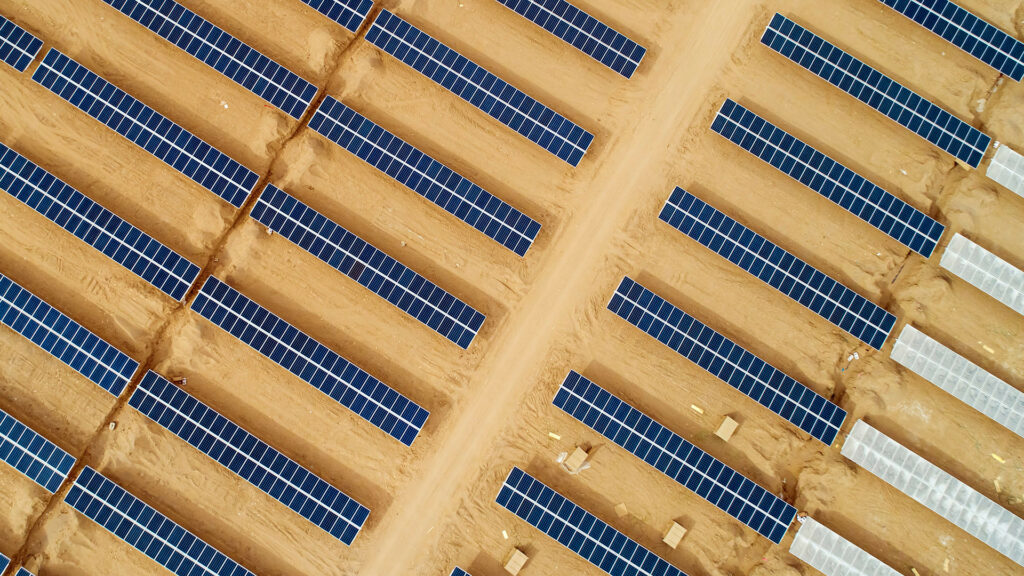
Xlinks’ Morocco-UK Power Project has been officially recognized as a Nationally Significant Infrastructure Project (NSIP), signifying its importance in energy infrastructure development between Morocco and the UK
In Short : Xlinks’ ambitious Morocco-UK Power Project has been officially recognized as a National Significant Infrastructure Project (NSIP). This designation underscores the project’s strategic importance and potential impact on both countries. The Morocco-UK Power Project aims to connect renewable energy from Morocco’s solar and wind farms to the United Kingdom through subsea cables, fostering international collaboration in sustainable energy generation and transmission. This recognition as an NSIP emphasizes the project’s role in promoting clean energy and cross-border cooperation in the renewable energy sector.
In Detail : The Secretary of State for Energy Security and Net Zero has deemed the Morocco-UK Power Project, headed by Xlinks, as a Nationally Significant Infrastructure Project (NSIP).
The Xlinks project aims to connect the UK to a 10.5GW facility of solar and wind farms in Morocco using subsea high-voltage direct current (HVDC) cables. The site will also include 5GW/20GWh of battery energy storage.
In total, the export potential of the project is 3.6GW and, upon completion in 2030, it could supply 8% of the UK’s electricity needs.
The subsea megaproject is expected to cost in the region of £18 billion and previously received funding from TAQA, one of the largest listed integrated utility companies in the Middle East and North Africa region, and Octopus Energy.
The confirmation that the project is an NSIP means Xlinks will need to carry out further consultation with local authorities, statutory bodies and the community before applying to the Secretary of State for Energy Security and Net Zero for planning permission. Xlinks confirmed that this consultation is expected to take place early next year.
It is worth noting that the UK government is currently reforming the NSIP process in a bid to make it “better, faster, greener, fairer and more resilient by 2025”. Consultation on this opened on the 25 July and closed on 19 September 2023.
Simon Morrish, CEO, Xlinks said: “This is a major milestone for our project, which provides certainty and clarity over the legal process and timescales for consenting the project. The decision reflects the real difference that our project can make to the country’s climate commitments and energy security.
“Our next step will be to consult further with the community to meet the requirements of the Planning Act 2008. We are looking forward to another opportunity to discuss our proposals with people living in the area and will share more details of this later in the year.”
Xlinks’ project being recognised as an NSIP has been welcomed by a number of organisations in the energy industry. Pro-growth campaign group Britian Remade hailed the news as “the kind of innovative clean energy development that the government should be getting behind” but cautioned that it must not be delayed.
Sam Richards, founder and campaign director of Britain Remade, said: “The XLinks project is the kind of innovative clean energy development that the government should be getting behind. Not only will it help cut our dependence on expensive foreign gas, but it will also play an important role in Britain becoming energy secure.
“This first of its kind project has the potential to power over 7 million homes by 2030 with clean, renewable energy. It will also create thousands of well-paid jobs here in Britain manufacturing the cables that will link us with Morocco.
“Now that the project has been designated as a project of national significance by the Secretary of State, it is essential that it does not become a victim of the red tape and bureaucratic turmoil that blights so many clean energy projects in Britain.”
Richards concluded: “Far too often the clean energy infrastructure we need to achieve net zero is held up by dither and delay by government and spurious legal challenges. Until we overhaul the planning system a cloud of uncertainty will hang over every clean energy project.”













